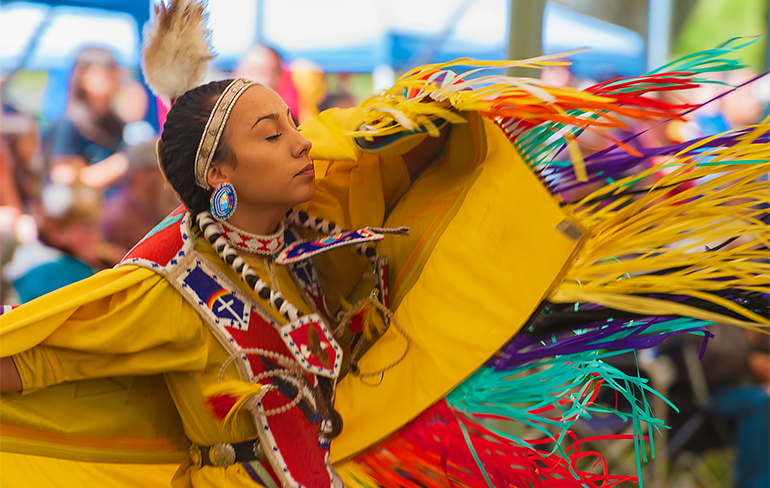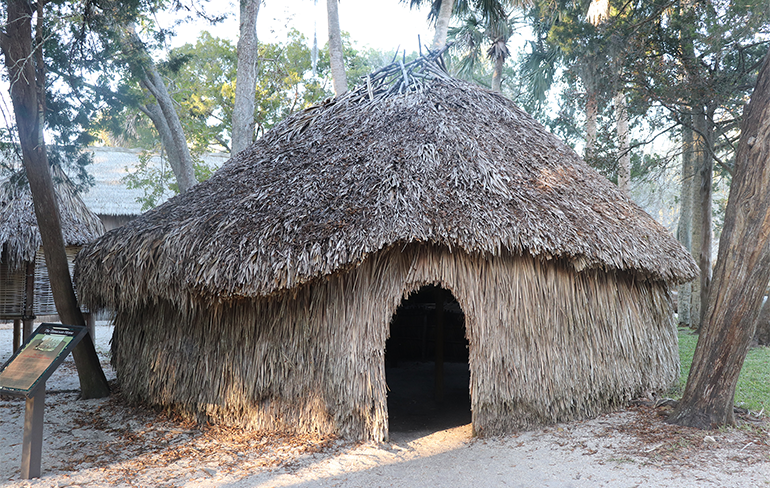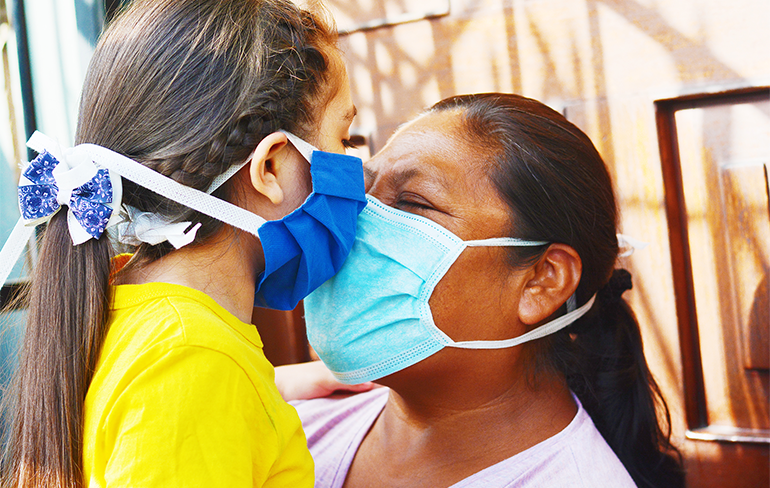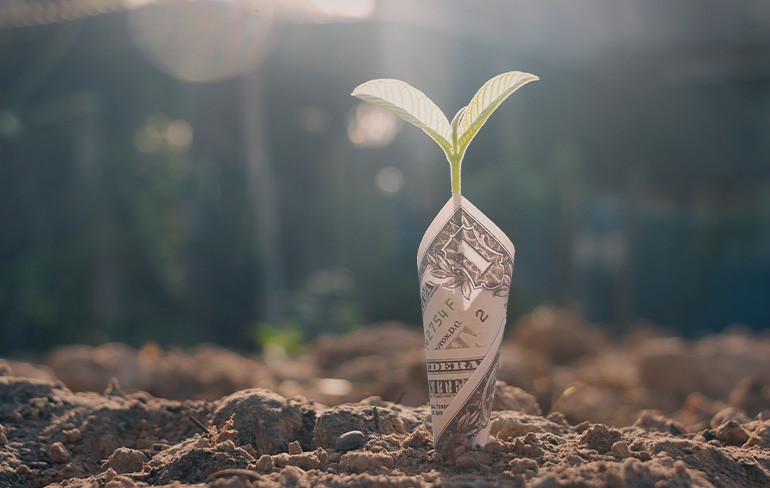Indigenous Peoples' Day, formerly known as Columbus Day, falls on the second Monday in October. It was declared originally as Columbus Day by President Roosevelt and made an official holiday by President Nixon in 1972. The holiday was originally meant to "celebrate Christopher Columbus' arrival in the Americas." However, the holiday has been protested by generations of indigenous peoples in America, stating it represents "the violent history of the colonization in the Western Hemisphere."
Replacing Columbus Day with Indigenous Peoples Day was first discussed in 1990 by the International Conference on Discrimination Against Indigenous Populations in the Americas. The new holiday was first instituted in 1992 in Berkeley, California. Staring in 2014, more and more states in the U.S adopted Indigenous Peoples' Day. Today, 13 states celebrate Indigenous Peoples' Day or Native American Day instead of Columbus Day. Those states are Alaska, Hawaii, Iowa, Louisiana, Maine, Michigan, New Mexico, North Carolina, Oregon, South Dakota, Vermont, Wisconsin, and Washington, DC.
Celebration and recognition of the holiday are important because if you live in America, odds are you live on native land. Here at Medcom, we live and work on the land of the Timucua. We celebrate by educating ourselves and our team about the Natives of our land.

Who were they?
The Timucua were a group of native people who lived in northern Florida and southern Georgia. According to archaeologists, the earliest evidence of their presence in the area dates to 3000 B.C. Historians estimate that there were about 200,000 Timucua when Europeans first arrived in the 1500s. By the 1800s, there were none left. What we know about the Timucua comes largely from the accounts of the French and Spanish settlers, which is important to note and recognize to truly celebrate the history.
What were they like?
The Timucua lived in tribes that spoke dialects of the same language but were not politically aligned. Each tribe had a chief with religious powers as well as shamans with even more religious powers. European missionaries tried to destroy all evidence of the Timucua’s native religion, but we know that the Timucua worshipped the sun and moon. Their shamans could predict the future, curse people, control the weather, perform blessings, and cure people. In the summer, men would play a ball game similar to lacrosse and soccer to honor the gods of the sun, rain, and thunder to bless the harvest. Timucuan society was matrilineal, meaning they traced their ancestry through their mother’s side. A chief’s heirs were his nephews and nieces through his sister.
The Timucua spent summers along the cooler seashore and moved further inland for fall and winter. They grew much of their own food, including maize, squash, beans, and other root vegetables. Women typically handled agricultural duties while men spent their days hunting animals like deer, turkey, and alligators. The Timucua also ate fish, shellfish and gathered nuts, berries, and acorns for consumption.

What happened to the Timucua?
Both Spanish and French settlers clashed with the Timucua. In 1539, an army lead by Hernando De Soto stormed through central and northern Florida, kidnapping Timucua women, forcing the men to be scouts, and fighting two armed battles against them, killing hundreds. The Spanish also released hogs into the forests, which preyed upon Timucuan food sources. Later, increased contact with European settlers via the Spanish missions exposed the Timucua to European diseases. By the 17th century, the Timucua population had decreased by 75%. When the Spanish left Florida after the Seven Years War, they took the remaining Timucua to Cuba. Currently, historians are researching if any descendants of the Timucua still exist in Cuba today.
There is much more to learn about the Timucua, so we encourage everyone to read more! We relied on nps.gov and visitjacksonville.com for sources. To learn which Native land you live or work on, text your zip code to (907)312-5085.





